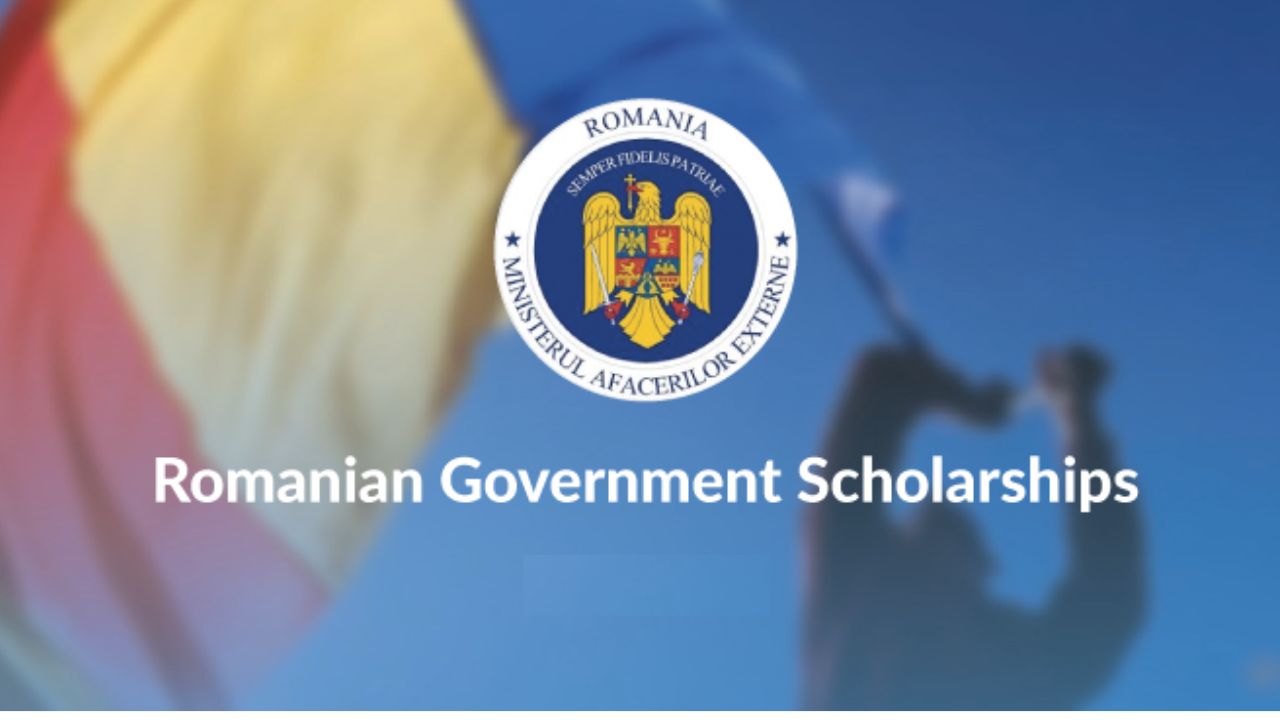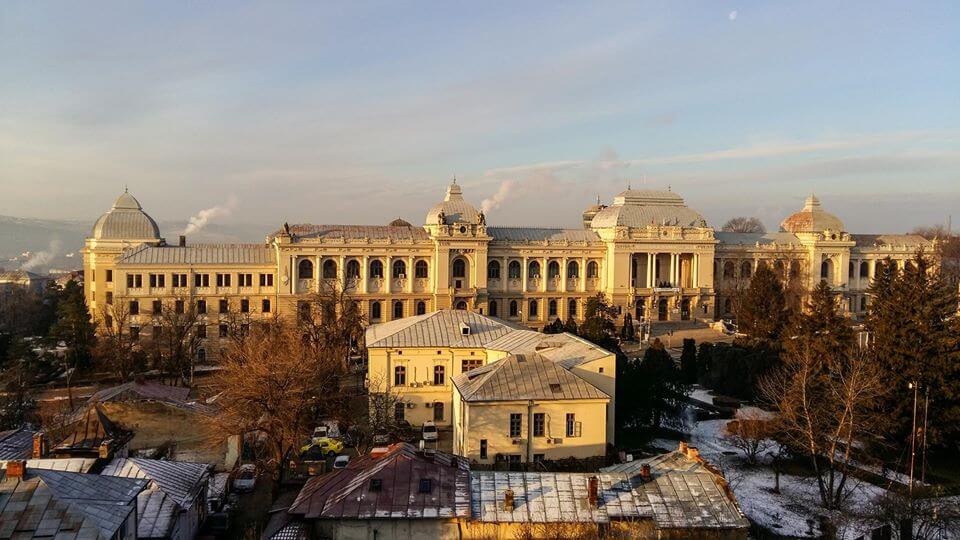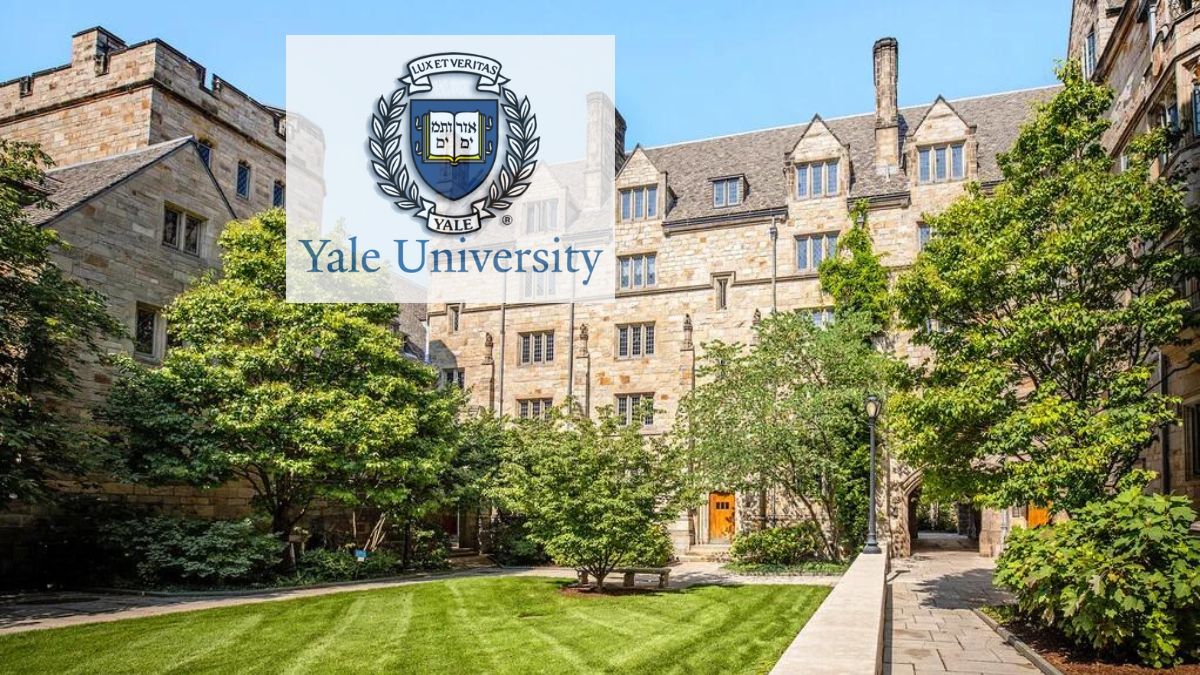The Rotary Peace Fellowship is a globally recognized, fully funded program designed to equip individuals with the skills and knowledge required for peacebuilding and conflict resolution. Sponsored by Rotary International, this prestigious fellowship supports talented professionals seeking to pursue master’s degrees or professional development certificates at top universities around the world. The program focuses on training individuals committed to promoting peace, reducing conflict, and addressing social issues in their communities and beyond.
Rotary Peace Fellowships are available at leading institutions such as Duke University (USA), University of Queensland (Australia), and Uppsala University (Sweden), offering fellows world-class academic experiences combined with practical fieldwork. The fellowship includes full tuition coverage, living stipends, travel expenses, and funding for internships and field studies.
With a strong emphasis on applied learning, fellows engage in field experiences, research projects, and collaboration with peace organizations, ensuring they gain the hands-on experience needed to make a tangible impact in conflict-affected areas. The program fosters a vast network of alumni working in governmental and non-governmental organizations, policy-making bodies, and international peace organizations.
Despite its many advantages, the Rotary Peace Fellowship is highly competitive and requires applicants to have relevant work experience in peace and conflict resolution. The fellowship is not available for doctoral studies, which may limit opportunities for those seeking further academic qualifications beyond a master’s degree or professional certification.
Key Features of the Rotary Peace Fellowship
Fully Funded Scholarship: Covers tuition, travel, living expenses, and fieldwork costs.
Global Study Opportunities: Available at leading universities across the USA, UK, Australia, Japan, Sweden, and Uganda.
Practical Experience: Includes internships, workshops, and on-the-ground field assignments.
Professional Development: Equips fellows with leadership, negotiation, and conflict resolution skills.
Global Alumni Network: Connects fellows with peace practitioners and experts worldwide.
Pros
Covers tuition, living expenses, and fieldwork costs.
Connects fellows with peace professionals and organizations worldwide.
Offers practical training through internships and field assignments.
Opens doors to roles in NGOs, government, and international organizations.
Study at top universities specializing in peace and conflict studies.
Cons
Limited spots with thousands of applicants worldwide.
Requires prior professional experience in peace or development sectors.
Only available for master’s and professional development programs.
Study options restricted to select partner universities.
Fellows are encouraged to apply their knowledge in their home countries.




